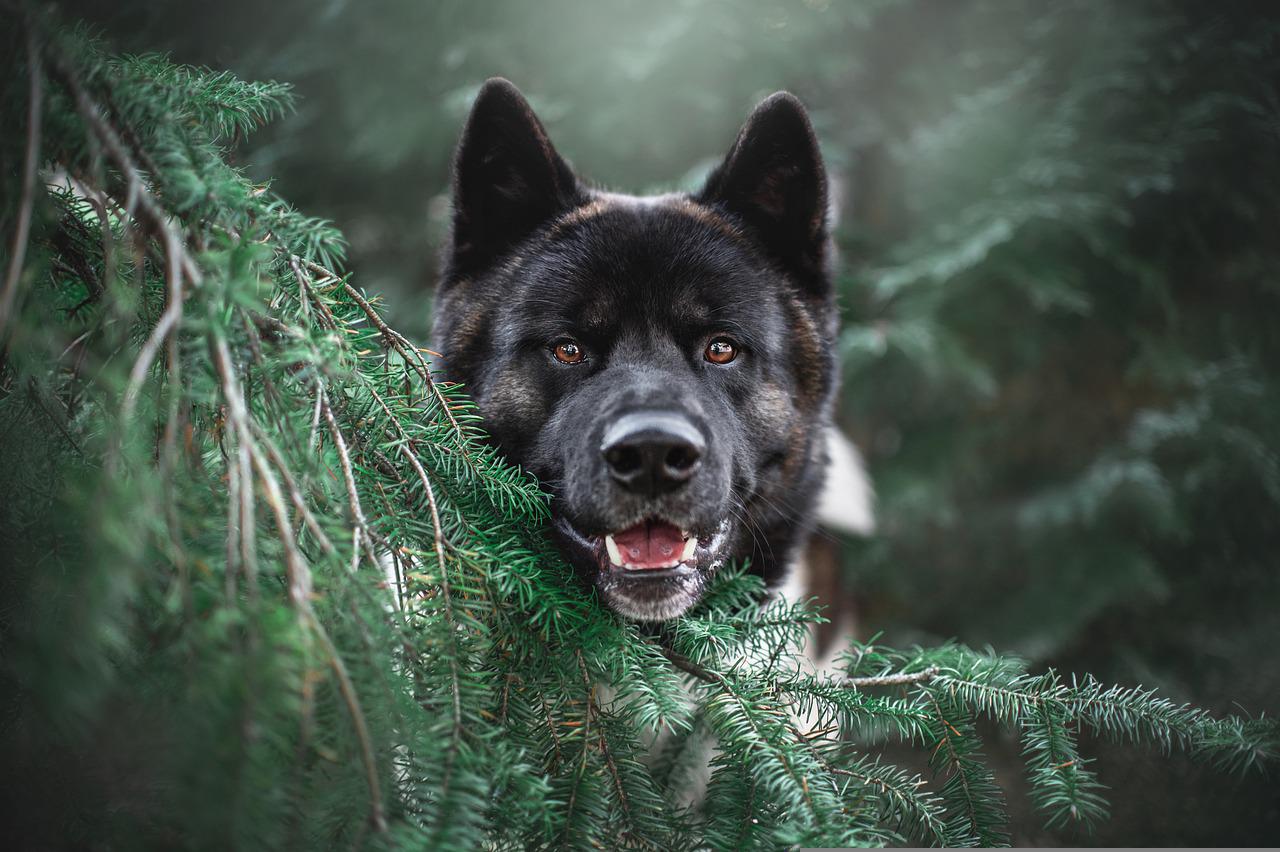If you are thinking of adopting an Alaskan husky, then read on! You’ll learn the characteristics of this type of dog, how to care for them, and health issues. You may also enjoy their unique personality and ability to adapt to a family’s lifestyle. Read on to learn more about this beautiful breed. This breed is not recognized by the American Kennel Club (AKC), but it’s worth checking out!
Siberian husky
The Siberian husky German shepherd mix is a great dog for those who want a dog that can handle cold and snow. Both parent breeds have dense double coats, so they are both good at handling snow and cold weather. German Shepherd Husky mix dogs are similar in that they can tolerate low temperatures and snow but may not be able to handle freezing temperatures as well as pure breed dogs. These dogs are also very cute, often with blue eyes and thick coats.
The German Shepherd is one of the oldest breeds of dog in the world and has many benefits, including its ability to herd sheep. It was later recognized by the American Kennel Club as a pure breed in 1908. In contrast, the Siberian Husky is more recent, dating back to the Chukchi tribe of Siberia. They were used as sled dogs in the villages of Siberia and were even taken to Alaska for sled racing competitions.
Characteristics of a husky german shepherd mix
The characteristics of an Alaskan husky German Shepherd mix are the same as those of its parent breeds. Huskies are loyal, alert, and friendly. GSDs are intelligent, courageous, and brave. However, their stubborn nature can make them difficult to train. These dogs are also free-willed, and they will sometimes attack strangers or other family members if they feel threatened. However, you can motivate this breed by using modern reward-based methods.
These dogs have high energy levels and can get bored easily if left alone. They need a lot of exercise and attention to stay healthy and happy. Although they are very trainable, they can also be aggressive or bossy if left alone for too long. Despite these characteristics, German Shepherd Husky mixes are highly intelligent and loyal dogs, and they are very good working companions. However, they can cause problems with families if they are left alone for too long.
Health issues of a husky german shepherd mix
The health issues of an Alaskan husky and German Shepherd mix are somewhat different than those of other breeds. These dogs are known to have common eye and joint diseases, including juvenile cataracts, canine glaucoma, and corneal dystrophy. Some of these diseases can be prevented, however, with a proper diet and exercise regimen. Other issues with the German Shepherd include allergies, epilepsy, and back problems.
The life expectancy of an Alaskan husky and German Shepherd mix is much longer than that of purebreds, thanks to the genetics that make up both breeds. While both the parent breeds are robust, health issues in the mixed breed can be problematic. Make sure to ask your breeder for health screening documentation, especially for the parents’ hip scores. Hip scores and eye tests are also important as this breed can grow into a large dog.
Care of a husky german shepherd mix
When choosing a dog, care for an Alaskan husky German Shepherd mix can be challenging, but the results will be worth the effort. Shepskys are high-energy dogs that need plenty of exercise and stimulation. They also enjoy playing agility games and fun games like flyball. This breed of dogs is highly susceptible to certain health conditions, including cancer and eye problems.
Although hybrid dogs tend to be healthier than purebred dogs, they still carry some health issues from both parents. Because of their large genetic makeup, a German Shepherd Husky mix can be affected by problems that affect one parent. This is especially true if the parent breeds are prone to certain illnesses and conditions. For example, a German Shepherd x Husky mix may be more prone to elbow and hip dysplasia, which can lead to painful arthritis. Other health problems associated with this breed of dog include juvenile cataracts, which can cause blindness, and corneal dystrophy.
Similar Posts:




Leave a Comment